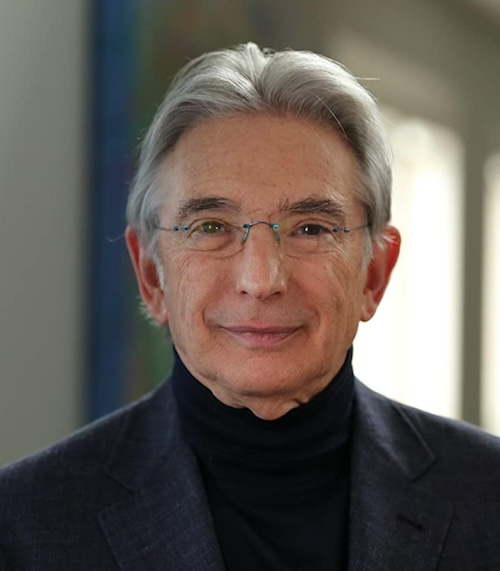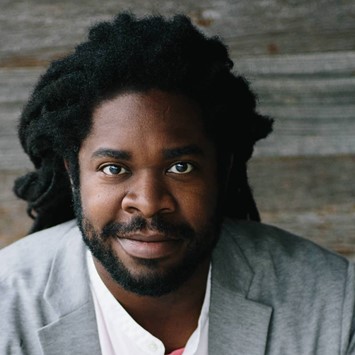Tilson Thomas brings master’s touch to Copland, Tchaikovsky with New World

Michael Tilson Thomas conducted the New World Symphony in Copland’s Old American Songs and Tchaikovsky’s Symphony No. 4 Saturday night at the Arsht Center in Miami.
Homespun Americana and refined Tchaikovsky were on the menu for the second of Michael Tilson Thomas’ two-program residency with the New World Symphony Saturday night at the Arsht Center. His ability to illuminate even the most familiar music with insight and refinement proved just as vital and immediate as ever.
Tilson Thomas’ own Agnegram was written in the late 1990’s to celebrate the 90th birthday of San Francisco Symphony patron Agnes Albert. The five-minute score’s themes are derived from the spelling of her name. A quirky march with a bluesy twist and a direct quotation from the conclusion of Tchaikovsky’s 1812 Overture, this boisterous creation could easily become a pops-concert standard. Tilson Thomas gives the orchestra a real workout, particularly the five-member percussion battery, and the players responded with demonstrative energy and enthusiasm.
Aaron Copland’s Old American Songs are arrangements of traditional folk and spiritual songs deeply embedded in America’s musical roots. From the very first bars of “Zion’s Walls,” these vignettes are quintessential Copland, embedded with the composer’s signature American sound.
Dashon Burton was the perfect singer for this indigenous song cycle. His deep, voluminous lower register suggests more than a hint of bass sonority.
He began “The Little Horses” mezza voce, building in volume to climactic lines. With his clear diction, Burton can spin a lyric with the intimacy of a folk-pop artist. He projected the wit and rhythmic alliteration of “I Bought Me a Cat” superbly, eliciting laughter at the repetitive sounds of the animals. Burton’s rendering of the concluding hymn “At the River” was stirring, enhanced by Copland’s expressive transcription. Tilson Thomas is the master of Copland’s distinctive sound world and his accompaniments were astutely balanced, idiomatic and expressive.
Tchaikovsky’s Symphony No. 4 in F minor is thrice-familiar repertoire but there was nothing routine or phoned-in about Tilson Thomas’ intelligently conceived, carefully considered interpretation. The initial sounding of the fate motif by the brass had solidity and impact. A balletic airiness pervaded the principal theme, with gleaming string tone and cohesive articulation.
Tilson Thomas always brings clarity to the bass lines, and the lower strings provided a firm undertow that was particularly vital and effective in Tchaikovsky’s mercurial canvas. The ensemble was totally response to the hairpin changes of tempo and mood throughout the first movement, with Tilson Thomas building the climactic volleys in gradual layers.
The oboe solo of the Andantino emerged beautifully shaped with Tilson Thomas maintaining a natural melodic flow. Winds and brass elicited crispness in the central interlude. The opening of the Allegro con fuoco finale rang out with triumphant ferocity. The movement was a rollercoaster of excitement, played with brilliance across all sections, with playing of intense concentration. When the opening fate motif returned, it resounded like a shocking cataclysm.
Stéphane Denève conducts the New World Symphony in works by Jennifer Higdon, Mark O’Connor, John Williams, John Adams, Ravel, Debussy and Copland 8 p.m. March 30 at the New World Center in Miami Beach. nws.edu
Posted in Performances
Leave a Comment
Sun Mar 17, 2024
at 12:21 pm
No Comments

